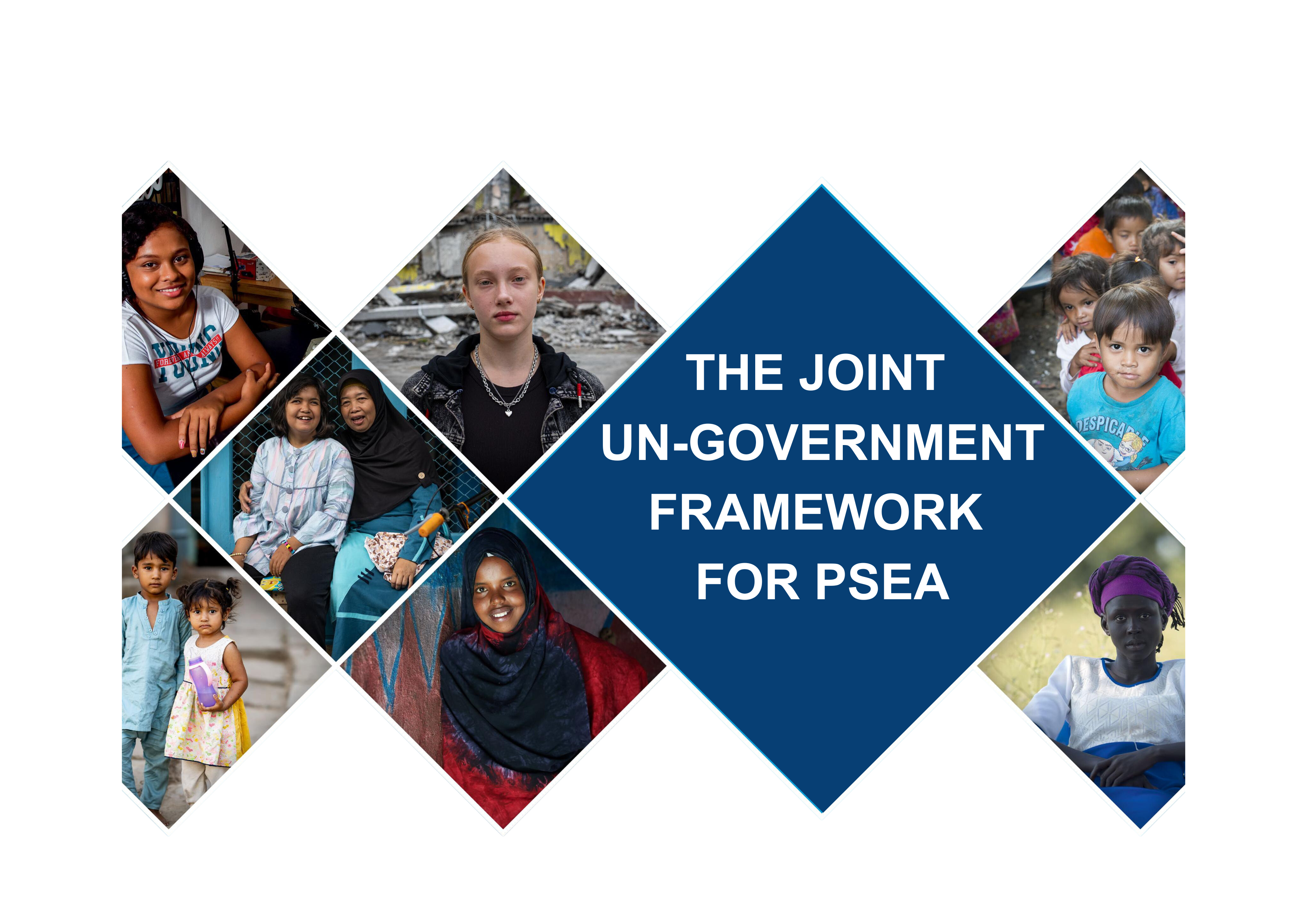The engagement with Government actors on Protection from Sexual Exploitation and Abuse (PSEA) has been constrained by a lack of a common approach between the United Nations, aid actors, and government partners. Personnel deployed in humanitarian response or development programs hold power and resources, which can increase the risks of sexual exploitation and abuse (SEA). Additionally, the absence of a common referral mechanism for referring allegations between the UN and government entities has been a key challenge and potential risk factor in many contexts.
Following the 10th Ebola Response in the Democratic Republic of the Congo, where numerous SEA allegations emerged amidst joint leadership by the Government and the UN, the 2020 IASC Senior Technical Mission Report recommended establishing a framework for cooperation with governments on PSEA.
In response, UNICEF led the development of this crucial framework, launching an interagency Technical Working Group (TWG) in June 2022 under the auspices of the Office of the Special Coordinator. This group, comprised of representatives from OSC SEA, IASC, DCO, OHCHR, OVRA, DMSPC, WHO, UNHCR, UNFPA, UNDP, IOM, WFP, UN WOMEN, Steering Committee for Humanitarian Response (SCHR), and the Organisation for Economic Co-operation and Development (OECD) (observer), spearheaded the framework's development.
The Joint UN-Government Framework on PSEA aims to establish a shared approach between a government and the UN through strengthening cooperation, streamlining engagement among various UN entities, and bolstering the capacity of government partners.
Explore our brief 2-minute video for an introduction to the Joint UN-Government Framework!
Keep checking this page for additional documents and supporting materials, which will be posted once finalized.
